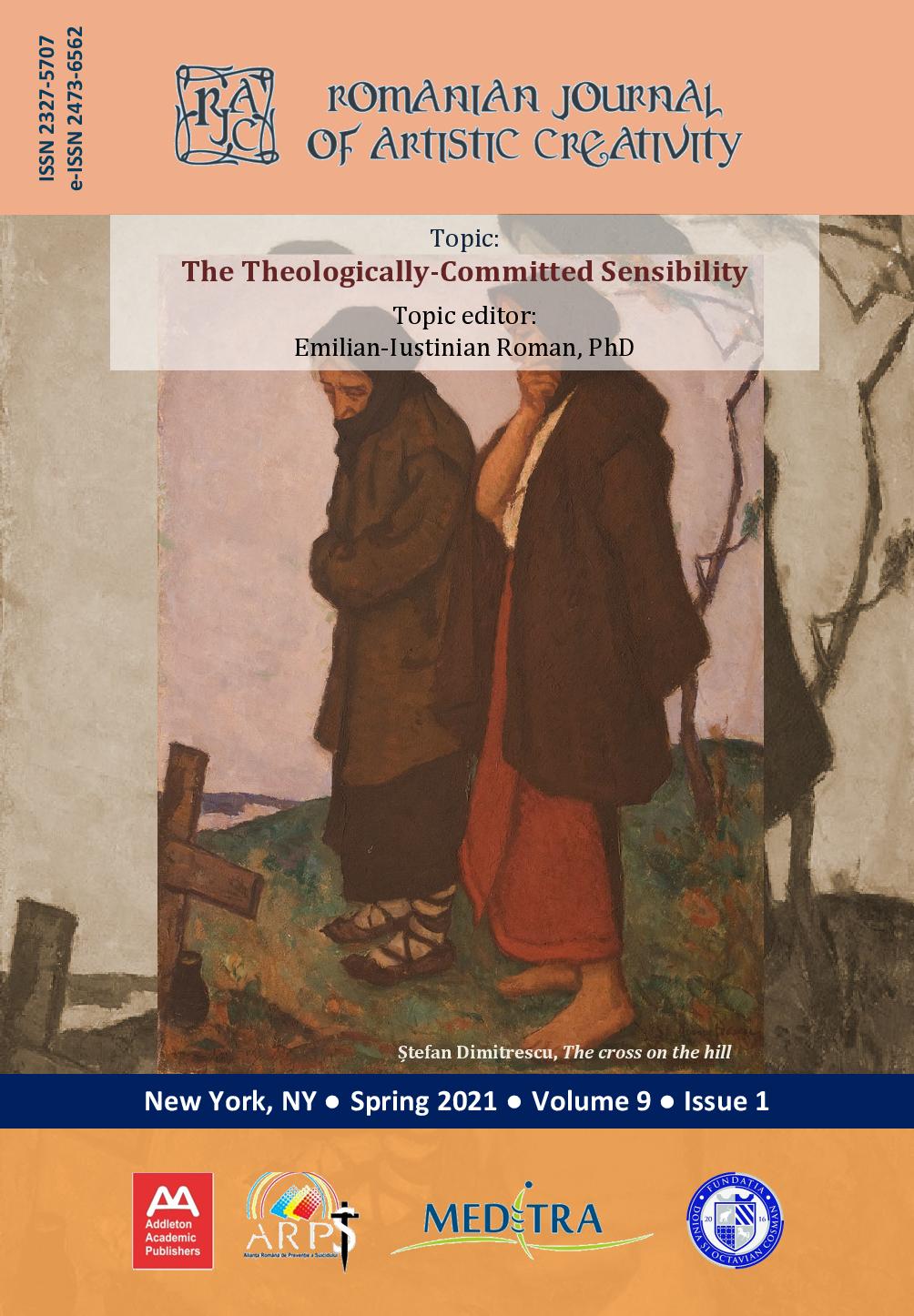On the Dubious Relationship between Fundamentalism and Terrorism
On the Dubious Relationship between Fundamentalism and Terrorism
Author(s): Ioan Dura, ION ENE, ION PANĂ, AURELIU VOICUSubject(s): Security and defense, Politics and religion, Sociology of Religion, Politics and Identity, Peace and Conflict Studies
Published by: Addleton Academic Publishers
Keywords: religious fundamentalism; terrorism; cultural-religious identities; European Union; TE-SAT report;
Summary/Abstract: Global dynamics, the metanarrative of our age, has changed the social morphology of many European states. The impulse of the labor market and the conflicts in the Middle East have generated massive migration flows. Each emigrant imports his cultural-religious identity, configured on other coordinates than the western ones. This confrontation of civilizations and religions has become a reality in the 21st century, especially in the European space. In some situations, this confrontation takes on conflicting notes in the form of terrorist attacks, despite the fact that the logic of multiculturalism has been promoted, more or less theoretically, but hardly procedurally. The premises of terrorism are justified by exclusive religious hermeneutics that defines religious fundamentalism, a perceptible form of religious militancy through which true self-proclaimed believers try to remove the erosion of religious identity, strengthen the boundaries of religious communities and create viable institutions and behavioral alternatives. This study explores the peculiarities of religious fundamentalism according to the Fundamentalism Project (1987-1995) and the current situation of terrorist attacks according to the European Union Terrorism Situation and Trend Reports (2017-2020).
Journal: Romanian Journal of Artistic Creativity
- Issue Year: 9/2021
- Issue No: 1
- Page Range: 85-98
- Page Count: 14
- Language: English
- Content File-PDF

